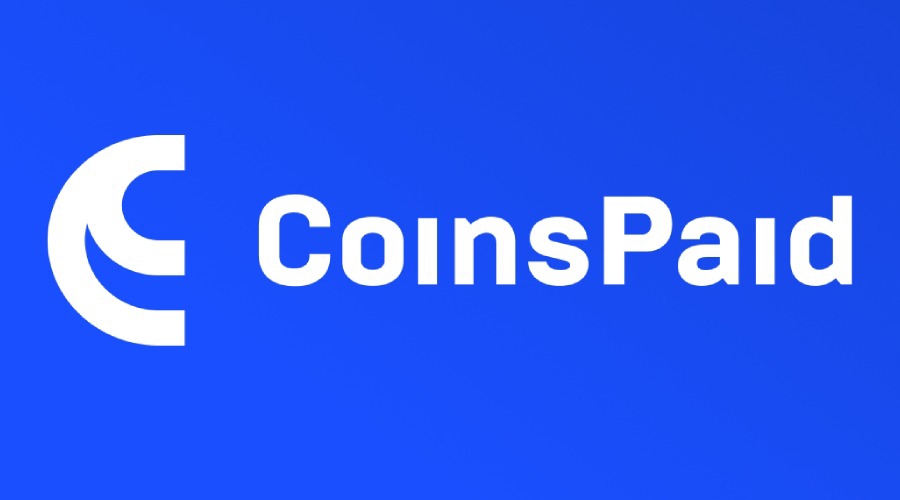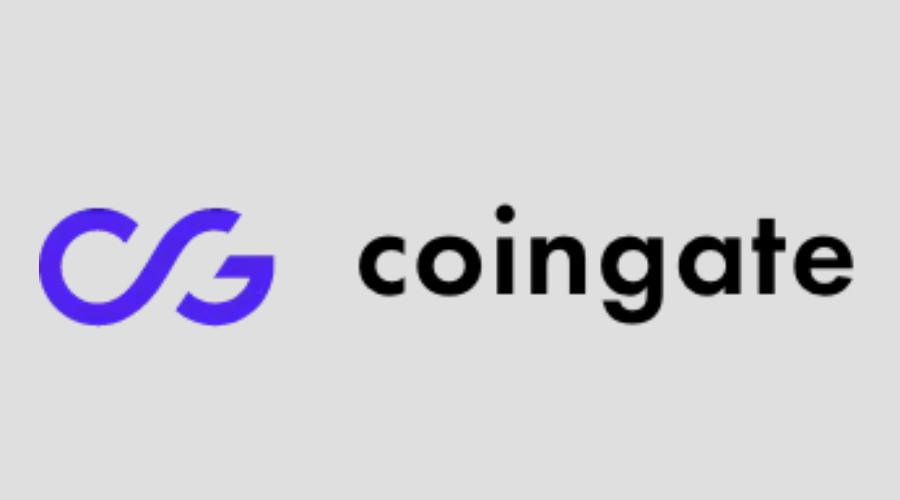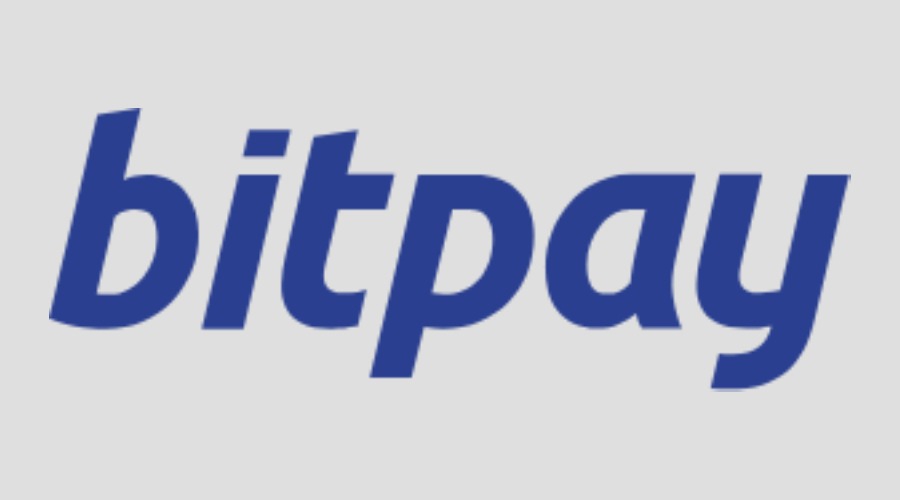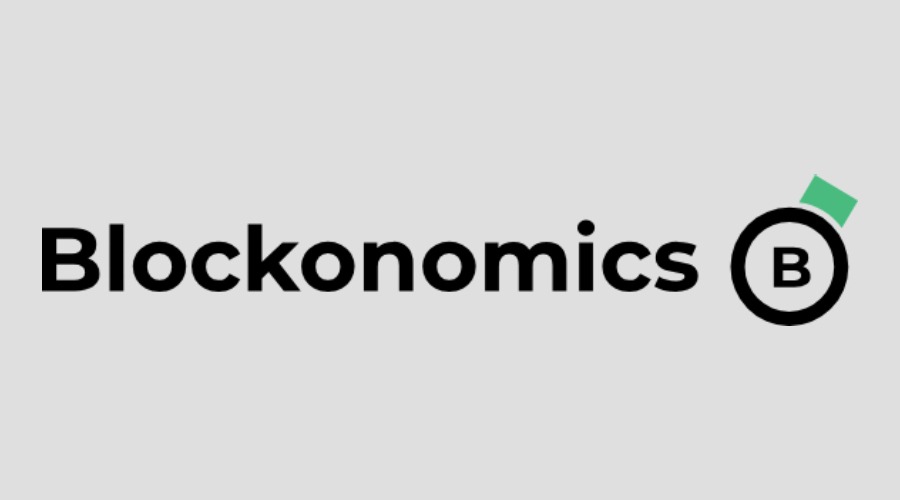Crypto Processors in Latin America
If you are on the lookout for a Latin America crypto processor, know this: processing payments in Latin America (LATAM) is often a tricky subject for businesses that wish to expand into the region.
And, while each country tends to have a specific way of handling cash payments, it is surprisingly refreshing to see the strides in terms of Latin American crypto processors.
If you’re out of the loop, Latin America is a major driving force in terms of promoting crypto legislation.
Following El Salvador’s position of recognizing Bitcoin as legal tender, Brazil and Peru’s governments allegedly began talks, deliberating if they should quickly follow suit.
The feeling doesn’t resonate in all LATAM countries with volatility being one of the main reasons mustered against the thought of a deeper crypto penetration rate.
In fact, protests arose in El Salvador and Bolivia has outright banned crypto completely, barring merchants with crypto offerings to benefit from them.
The divide is real but crypto is undeniably in LATAM’s present and future which is why the crypto processing ban in one country hasn’t deterred others from adopting this revolutionary tech.
Finding Your LATAM Crypto Processor
Even though one of crypto’s ultimate goals is to be a borderless currency, setting up your crypto processing gateway might still be dependent on the country you’re trying to do business with.
Keep in mind that a payment localization service will embrace crypto’s volatile nature but will also need to take the burden of each of Latin America’s views on digital currencies upon itself.
By doing so, the merchant can stay clear of trouble by having their local partners deal with legislation with support from their compliance team for each specific market.
In addition, should a country alter its regulatory landscape towards creating a more crypto-friendly environment, the merchant will automatically be one of the first in line to integrate those options.
A Primer on Cryptocurrency Payment Gateways

A crypto payment gateway API is an app which is designed to carry out transactions by using crypto as payment. Payment processors will convert said crypto into fiat money and subsequently deposit it in a specified bank account.
Another version of this which is important to mention is the crypto-to-crypto payment gateway which allows for the transaction to happen solely with cryptocurrencies and without ever actually converting it to fiat currency.
6 Things You Should Know When Dealing with Cryptocurrency Payments
- Processing speed should be high enough to keep volatility in check: cryptocurrencies are still synonymous with volatility, so you must look for a solution which can process your payments ASAP.
- Taxes can get tricky: most countries have still not recognized cryptocurrencies officially, meaning that in some cases some financial assets might be operating in an opaque regulatory landscape.
- Security: keeping the key to your crypto wallet will be of the utmost importance, moreover, all transactions need to be met with the highest possible security standards.
- Fees can be a wild ride: commissions on crypto are usually very low, but they can still wildly oscillate meaning that fees can be rather unpredictable.
- Legitimacy: when looking for a crypto payment processing entity always make sure to check if they are reputable, if they are registered, and if they have valid licenses for their ongoing activities.
- The commissions should be affordable: paying in crypto means that it is crucial not to overcharge, meaning that commissions need to be reasonable and require transparency.
What Are the Best Cryptocurrency Payment Gateways for LATAM?
The most common use of cryptocurrency payment gateways might vary slightly from country to country, however, given crypto’s decentralized and universal nature we can narrow them down.
Here are the top cryptocurrency payment gateways which seem to be galvanizing users from all corners of Latin America.
CoinsPaid

In what concerns the Bitcoin market, CoinsPaid processes an estimated 7% of all on-chain transactions.
CoinsPaid also has its own token, something which sets it apart from its direct competitors.
Commissions on transactions are kept under 1% and there are no hidden fees, making it a reliable, simple and fast way of accepting crypto payments.
Another great thing about CoinsPaid is that it supports over 30 fiat currencies, making its integration easy for its users.
Moreover, CoinsPaid is reliable and safe. It registered and has an EU license, and after being audited by Kaspersky, not one technical vulnerability was found.
Coinbase Commerce

Coinbase is usually your to-go cryptocurrency payment processor. It allows merchants pretty much anywhere in Latin America to accept crypto payments in a decentralized manner.
The funds you receive as a merchant are fully owned and controlled by you, however, keep in mind that there is certainly a lot of cryptocurrency-related legislation sprouting in every country in Latin America.
Coinbase features a Hosted Checkout with payment option buttons for those who only sell a few products.
As for eCommerce platforms, Coinbase offers integrations for a dozen of the most popular services out there.
In what concerns advanced users, Coinbase offers a flexible API with advanced functionality.
Using Coinbase allows you to quickly convert your crypto to fiat and vice versa.
Some even pay their workers their salary through it.
Coingate

Coingate has great trading tools designed for each blockchain industry’s participant.
It is seamless, flexible, and diverse as they have over 70 cryptocurrencies which can be accepted, the ability to covert to fiat, and it features cold storage.
Coingate partnered up with renowned companies and is supported in most of Latin America’s countries so your payouts in crypto can be converted to fiat immediately almost regardless of where you are operating.
BitPay

BitPay is user-friendly and features over 30 cryptocurrencies. It has an invoice feature and boasts access to 229 countries, meaning that anyone can accept payments pretty much anywhere that’s legal to do so.
You can thus receive funds straight into your bank account with no price volatility or risk.
The standard fee is 1%, and there are no setup fees nor monthly minimums required.
With all crypto wallets being supported and thousands of satisfied clients, BitPay is doing crypto processing right, and its merchant directory will prove it.
Blockonomics

Blockonomics is rapidly gaining traction as it allows online stores to accept payments in BTC on their websites.
Blockonomics is fully decentralized, meaning that as payments are executed, they will go straight to your BTC wallet. The platform doesn’t involve KYC data and there is no limit on the amount of BTC which can be received.
Setup is fairly easy to do, and the payments page will integrate with your business’ website theme.
There is a payment API at the ready for custom websites as are plugins. Two other great features are payment buttons which can be embedded on your website, BTC invoices, and payment links which are sharable.
Another positive thing is that there are no redirects, meaning that the client isn’t taken to any sort of external page in order to complete his or her checkout.
The first 20 payments you receive in BTC are free, and then there is a 1% fee per transaction.
Revolut

Now we may just be jumping the gun here because Revolut isn’t actually operating in Latin America yet.
However, if it’s anything like in the US or Europe, Latin Americans are in for a treat.
Revolut offers a one-stop-shop for managing your business with powerful tools to take over control of your business’ finances such as multicurrency holding (28+ currencies), free local and international payment within the plan’s allowance you choose, multiple accounts, no hidden fees and so forth.
Revolut business already boasts half a million customers which speaks volumes about the platform’s usefulness for businesses across the world.
So, What Is the Top Crypto Payment Gateway?
The right gateway will certainly depend on what your goals are and what your target audience and country are.
Why Do You Need To Know The LATAM Cryptocurrency Space?
Those are essentially the top platforms, but as you plan to move to the LATAM market, knowing the platforms isn’t enough. It is quintessential to understand the dynamics of each country.
As such, a look at some of them can bring you up to speed and help you craft your strategy.
Cryptocurrency Payment Gateways in Argentina: Challenges to Expect
Crypto has been gaining a lot of traction in Argentina as the peso’s instability and the year-over-year inflation push Argentinians into moving their assets into the digital realm.
In fact, in terms of crypto-paid employees, just last year (2021), Argentina was ranked #1 in the world.
Mining is also popular in Argentina, namely in the southern region of Patagonia as electricity is cheaper.
Crypto regulations are still scarce in Argentina, but concerns have been raised regarding cyberattacks and other vulnerabilities.
Moreover, with the International Monetary Fund pressuring and discouraging the use of crypto, the next few years will certainly be interesting as the country must choose its path.
Cryptocurrency Payment Gateways in Brazil: Challenges to Expect
Brazil isn’t just LATAM’s largest economy. It is also LATAM’s largest crypto market.
The sheer volume alone (an estimated 27.6 billion USD as of 4/2022) makes it appealing for venture capital looking for crypto-related projects.
A regulatory framework is in the works by the Brazilian Congress and recently a bill was passed regarding the governance of virtual assets which includes provisions which define 'virtual assets'. Moreover, it creates rules for their usage and penalties for fraud.
Brazil’s executive branch was reportedly given the task of defining which agencies will be responsible for the supervision of crypto and the proposals of new regulations.
Crypto faces a heavyweight competitor known as Pix, an app which enables its users to send their money via P2P (peer-to-peer) transactions at any time night or day (much like Venmo).
The app comes straight from the Brazilian central bank and the next step on its agenda is having users being able to pay merchants via QR codes, in-store, or on any e-commerce platform which integrates it.
Pix is growing strong with over hundreds of millions of users as it can be used without credit cards.
The app isn’t blockchain-based but rather an infrastructure which the country’s central bank oversees, a feature which boosts its credibility and adoption rates.
Another competitor is Whatsapp Pay which allows users to transfer money via chats.
Cryptocurrency Payment Gateways in Mexico: Challenges to Expect
Mexico comes second in terms of the online population in LATAM. Its increased internet and smartphone penetration rates drive Mexico’s impressive growth rates in online shopping.
But, even with smartphones paving the way for Internet democratization in Mexico, one can tell that by its high rate of unbanked people it is still very much a cash-based society.
Nonetheless, there is serious room for growth as evidenced by internet retailers’ latest numbers.
Most Mexican shoppers purchase items from international stores as prices are often better and some products aren’t always available in Mexico.
Cryptocurrency Payment Gateways in Chile: Challenges to Expect
Competition. A recent collaboration was made in Chile and the result was CryptoCompra, a platform which allowed retail to embrace cryptocurrency payments.
It mainly aims at BTC, ETH and Stellar, but it might not stop there. This local solution aims at increasing crypto payments not only in Chile but also in other South American countries like Argentina and Brazil, so you might want to keep an eye out for them.
Should Your Business Accept Cryptocurrency Payments?
By embracing crypto processing solutions, you’ll gain extensive coverage (possibly worldwide) as cryptocurrency payments see no borders and virtual wallets are universal.
Moreover, blockchain wallets are available and working around the clock, anytime night or day, so your business can thrive.
And finally, the high speed you can convert to fiat, the low costs and having no hidden fees make crypto processing even more appealing.
LATAM Cryptocurrency Processors: The Verdict
LATAM has a bright future ahead, and it is primed for massive growth both in terms of Ecommerce in general, also in terms of cryptocurrency penetration.
El Salvador has paved the way for crypto processing to be a normal daily occurrence and other countries will most likely follow suit soon.
As such, it seems that embracing crypto processing in LATAM has a massive upside potential will little to no downside risk.






















